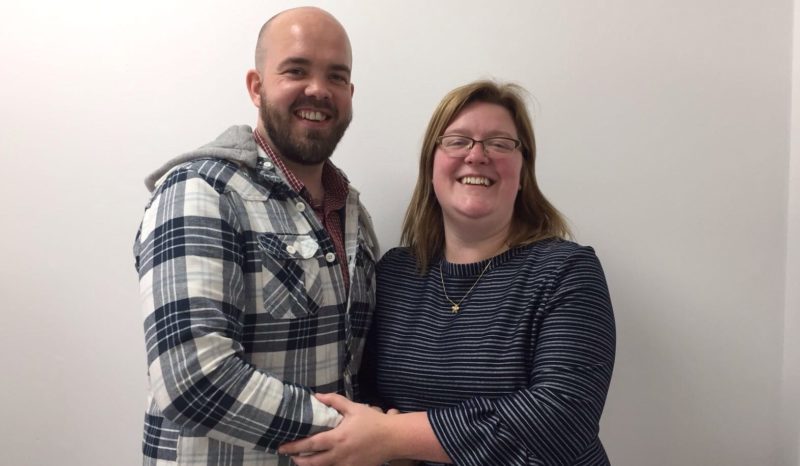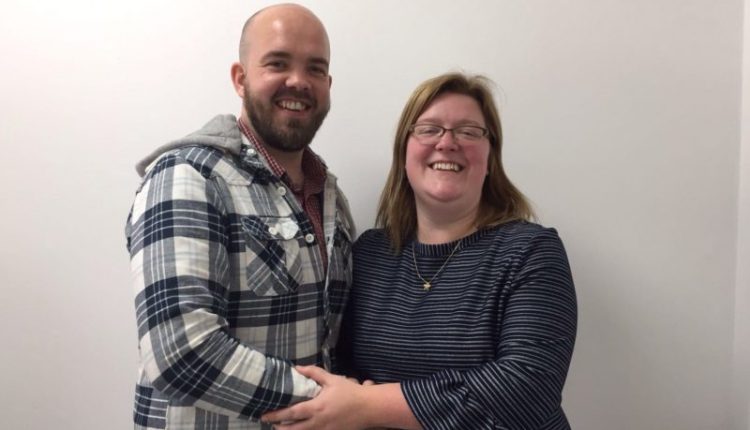LJMU student Jamie Barton secures cash to develop therapeutic technique for addicts
Jamie has received £500 from Gradconsult, which will help him conduct interviews with therapists and local recovery services to investigate how story telling can help those recovering from addiction

A Liverpool John Moores University student has beaten hundreds of candidates to win an award into his research of how storytelling can be therapeutic in aiding those with addiction issues to recovery.
Jamie Barton has received £500 from Gradconsult, which will help him conduct interviews with therapists and local recovery services as to how story telling can help give a helping hand for those struggling with addiction.
Jamie, who is a PhD student in English language and literature, is one of the five winners, of a grant from Gradconsult, a Sheffield-based specialist in graduate recruitment, learning and development.
The grants, chosen from more than 240 entries, are to help new researchers and early career academics get a ‘foot in the door’ with funding bids, thereby giving them a track record to go on and secure larger funding bids to conduct research in their field.
Jamie, who has had addiction issues in his own life, told the Gradconsult panel about his Mirrors of Mythology project, which is a continuation of his project he conducted in his degree in drama and creative writing.
Jamie said in today’s austere financial climate there is a lack of convincing frameworks for evaluating arts and health data, which means it is difficult persuading policymakers.
“I’ll be looking at how we can understand ourselves through stories, and how when dislocated from ourselves during addiction we can see ourselves reflected in the rich history of mythology and story,” he said.
Rebecca Fielding, managing director of Gradconsult, said: “It is an interesting and vital project, which may provide a trigger to help many lives and help better understand the issue of addiction.
“We see at first hand the value of research in higher education, and know how hard it can be as a new researcher or early career academic to get projects funded when you don’t necessarily have a track record.”

